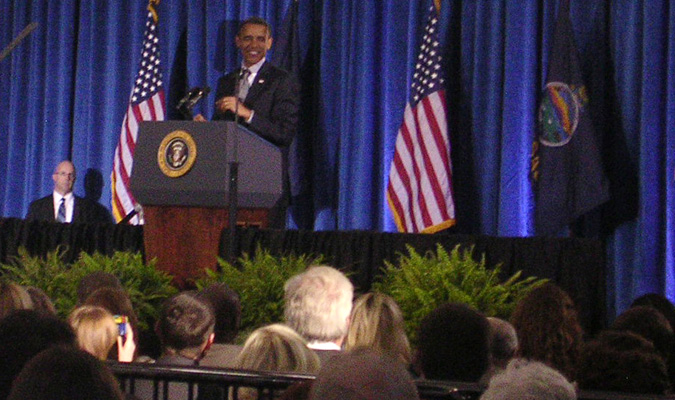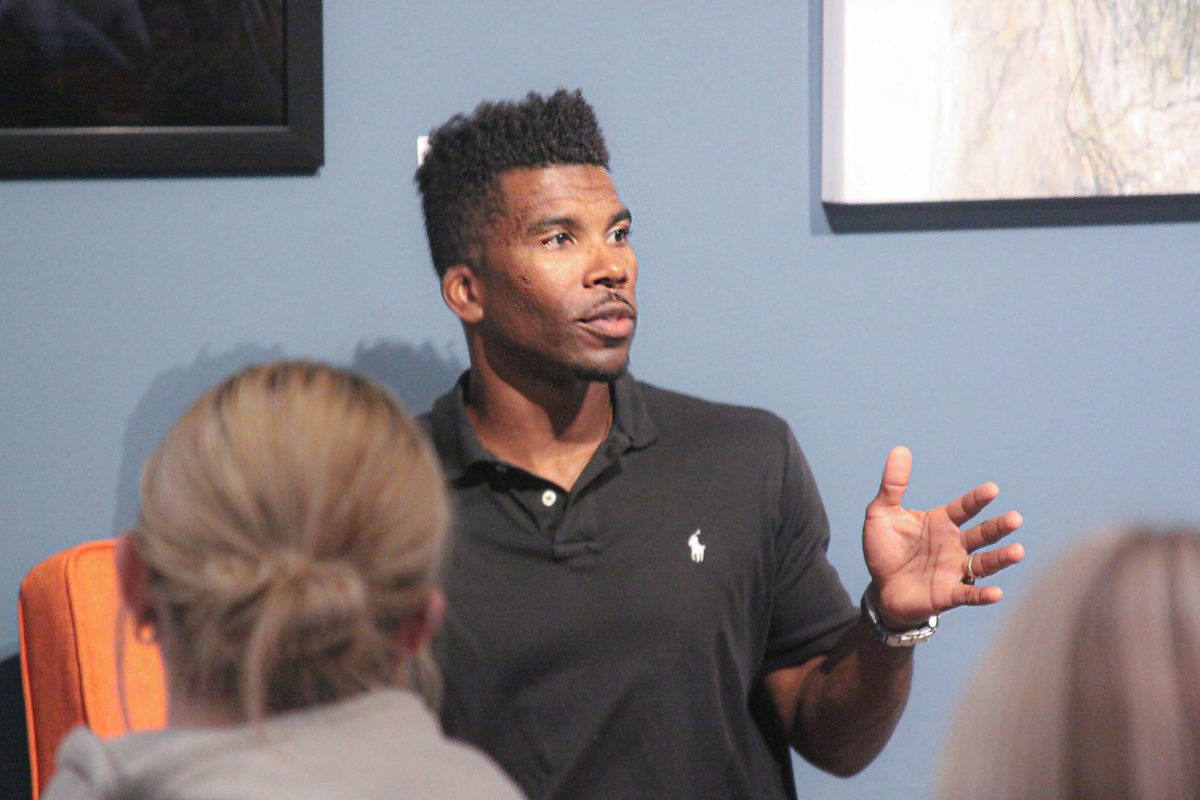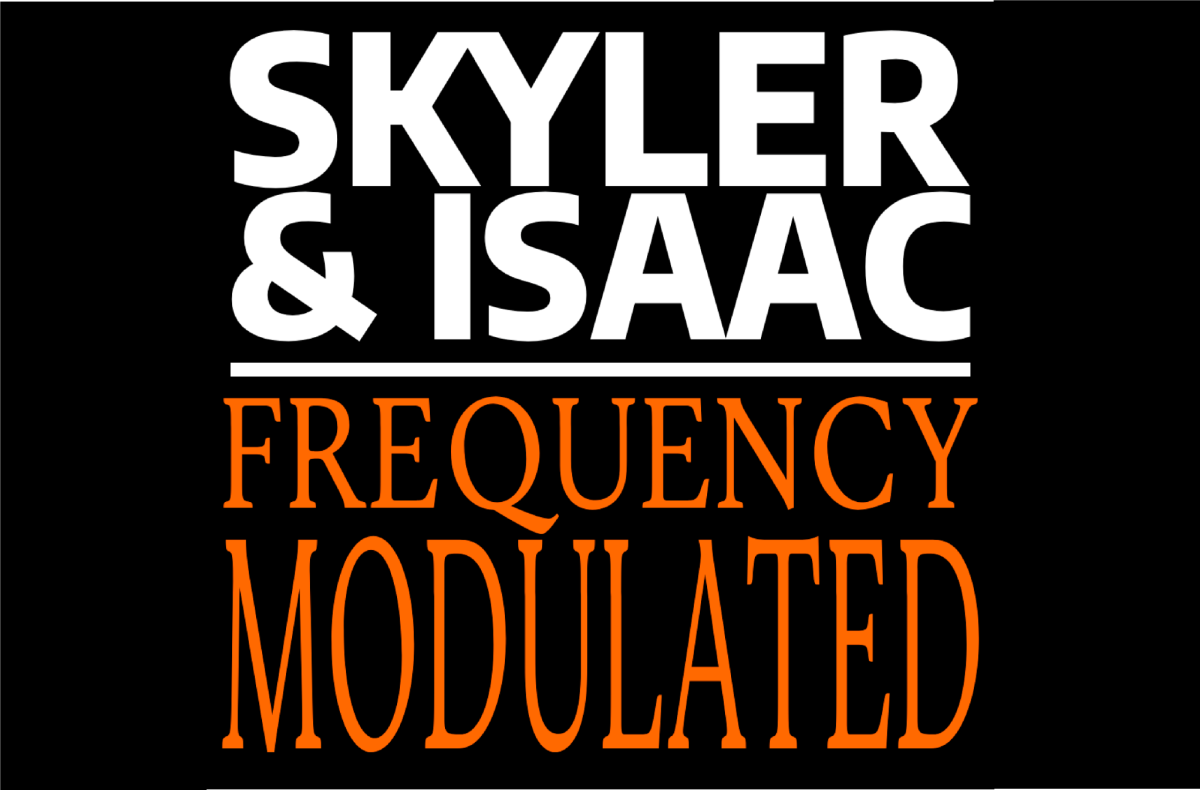Read the full speech at the White House website.
The small town of Osawatomie isn’t known for much. The city is home to the Kansas State Hospital and is the birthplace of the Kansas Republican party. The former free-state stronghold has a highway, a jamboree, a museum and park named for John Brown.
When I heard President Barack Obama was coming to speak at my high school alma mater, I laughed. The idea of the president of the United States coming to a town like Osawatomie seemed ridiculous.
While “Hail to the Chief” played, and the president stepped up to the podium, I couldn’t process that he was standing in the same spot where I received my high school diploma.
I was, however, giddily conscious of the White House press pass dangling from my blazer lapel – the culmination of years of childhood dreams.
As Obama began speaking, and the deafening, magnetic roar of the crowd died down, the experience started to feel less surreal.
What finally pulled me out of this dreamlike state was the stark reality of the topics the president addressed that day.
Osawatomie, like most other small towns, has felt the seemingly inescapable strain of recession. All the twinkle lights and holiday banners can’t completely distract from the “for sale” signs and vacant businesses on Main Street.
The speech focused on America’s struggling economy and the president’s remarks on the importance of the middle class were embraced by Osawatomie’s citizens.
“Osawatomie, this is not just another political debate,” he said. “This is the defining issue of our time. This is a make or break moment for the middle class.”
Overall, the speech was an opportunity for President Obama to begin establishing a campaign platform.
In 2008, President Obama spoke of “change we can believe in.” In his Osawatomie speech, he used several variations of a different motto.
“Everyone gets a fair shot. Everyone gets a fair share. Everybody plays by the same rules.”
One could easily see this developing into an Obama 2012 campaign slogan.
Regardless of party preferences, this speech was highly educational for all voters, especially college students who hope to enter the work force in the next couple of years. In his remarks, the president laid out several topics that will define the next election.
He repeatedly pointed out that the middle class is shrinking, and the workforce is not the only group suffering under this socioeconomic shift.
“It’s heartbreaking enough that there (are) millions of working families in this country who are forced to take their children to the food banks for a decent meal,” Obama said. “But that idea that those children might not have a chance to climb out of that situation and back into the middle class no matter how hard they work, that’s inexcusable. It is wrong.”
How to give future generations a better chance at having a better life and close the gap between the poverty-stricken and the sickeningly wealthy to restore a healthy middle class will be a subject all candidates will have to address.
He also pointed out that the nature of the worldwide economy is changing.
“The world is shifting to an innovation economy, and nobody does innovation better than America,” Obama said. “Nobody has better colleges. Nobody has better universities. Nobody has greater diversity of talent and ingenuity. No one’s workers or entrepreneurs are more driven, are more daring. The things that have always been our strengths match up perfectly with the demands of the moment, but we’ve got to meet the moment. We’ve (got to) up our game.”
Prospective voters will want to look at how each candidate plans to keep up with this rapidly changing world economy through changes in both education and business.
President Obama received a standing ovation when he said lessening student loan debt and reforming education are essential to getting Americans better educations and better jobs. The problem with putting more money into education and other government programs is that these funds have to come from other programs or, voter’s least favorite word, taxes.
“We have to ask ourselves, do we want to make the investments we need in things like education and research, high-tech manufacturing, all those things that make us an economic superpower or do we want to keep in place the tax breaks for the wealthiest Americans in our economy? Because we can’t afford to do both. That’s not politics. That’s just math,” Obama said.
Voters and candidates will have to firmly establish their priorities when it comes to government funding and taxation.
Since former President Theodore Roosevelt spoke about the economy in Osawatomie over 100 years ago, the scope of issues which voters must address has broadened considerably.
“We have grown and we have changed in many ways since Roosevelt’s time,” he said. “The world is faster, and the playing field is larger, and the challenges are more complex.”
When I left the speech, I did so with more questions than I had come in with. While Election Day seems far away, Americans have a great deal to think about before voting in November. It seems our responsibility as voters is greater than ever.
It’s an exciting time to be a voter. It’s an exciting time to be a journalist.







